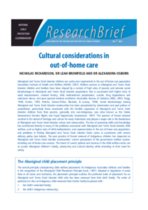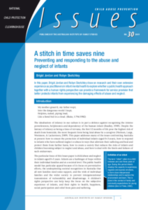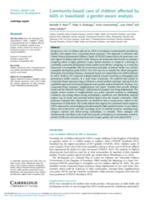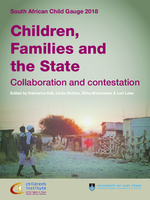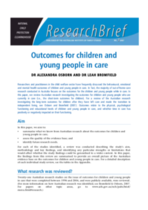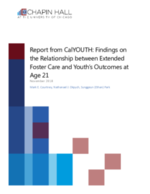Improving Timeliness of Medical Evaluations for Children Entering Foster Care
The aim of this study was to improve the mean time to initial foster care evaluation (TIE) from 32 to <7 days within 12 months for children in FC in Durham County, North Carolina.

